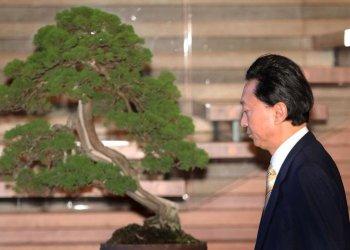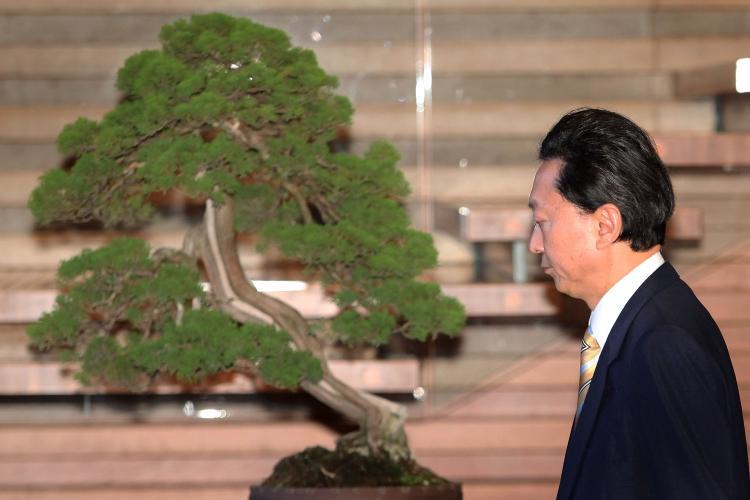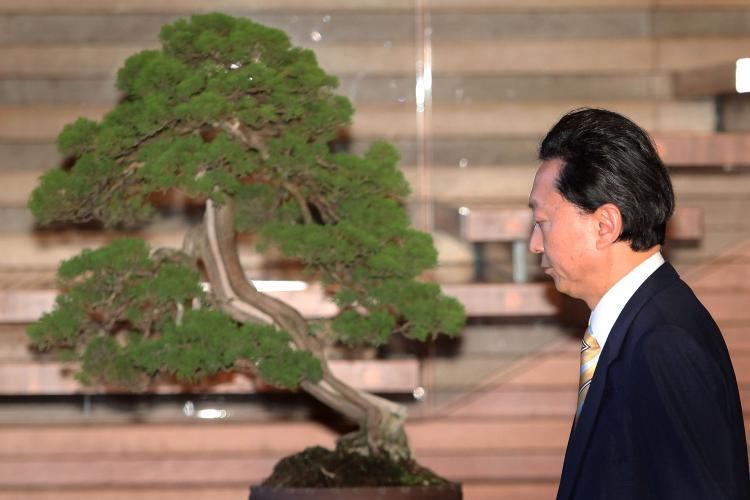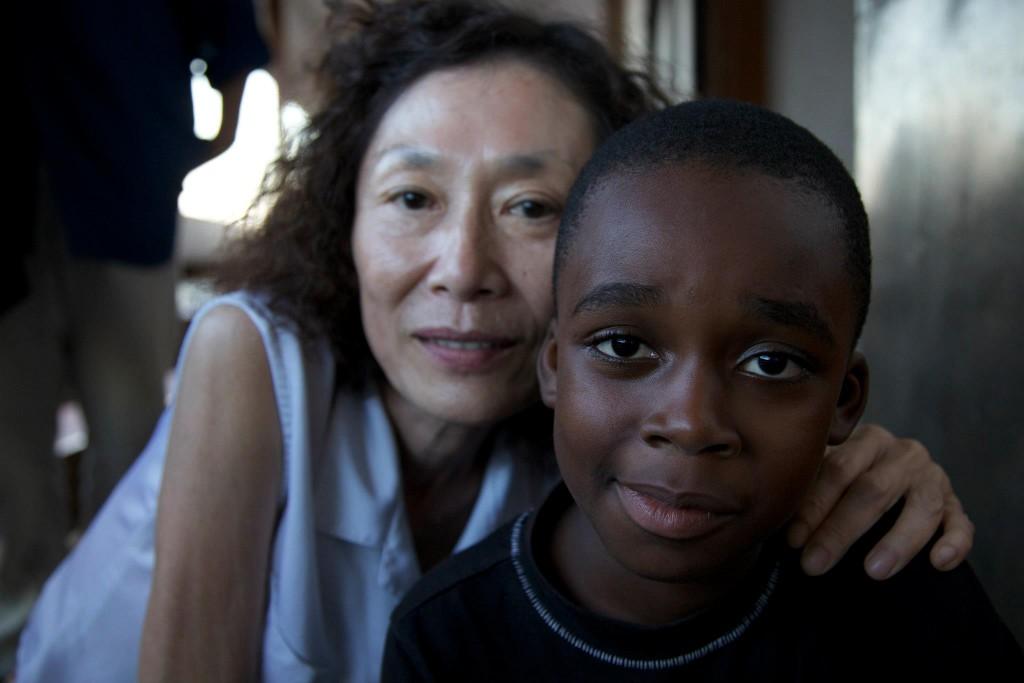Japan PM Resigns, US Military Base Stays
Japanese Prime Minister Yukio Hatoyama announced he is to step down as Japan’s Prime Minister on Wednesday.

Japanese Prime Minister Yukio Hatoyama leaves his official residence after speaking to the media on June 2, 2010, in Tokyo, Japan. Hatoyama announced he is to step down as Japan's prime minister, just nine months after his election win. Kiyoshi Ota/Getty Images
|Updated:






